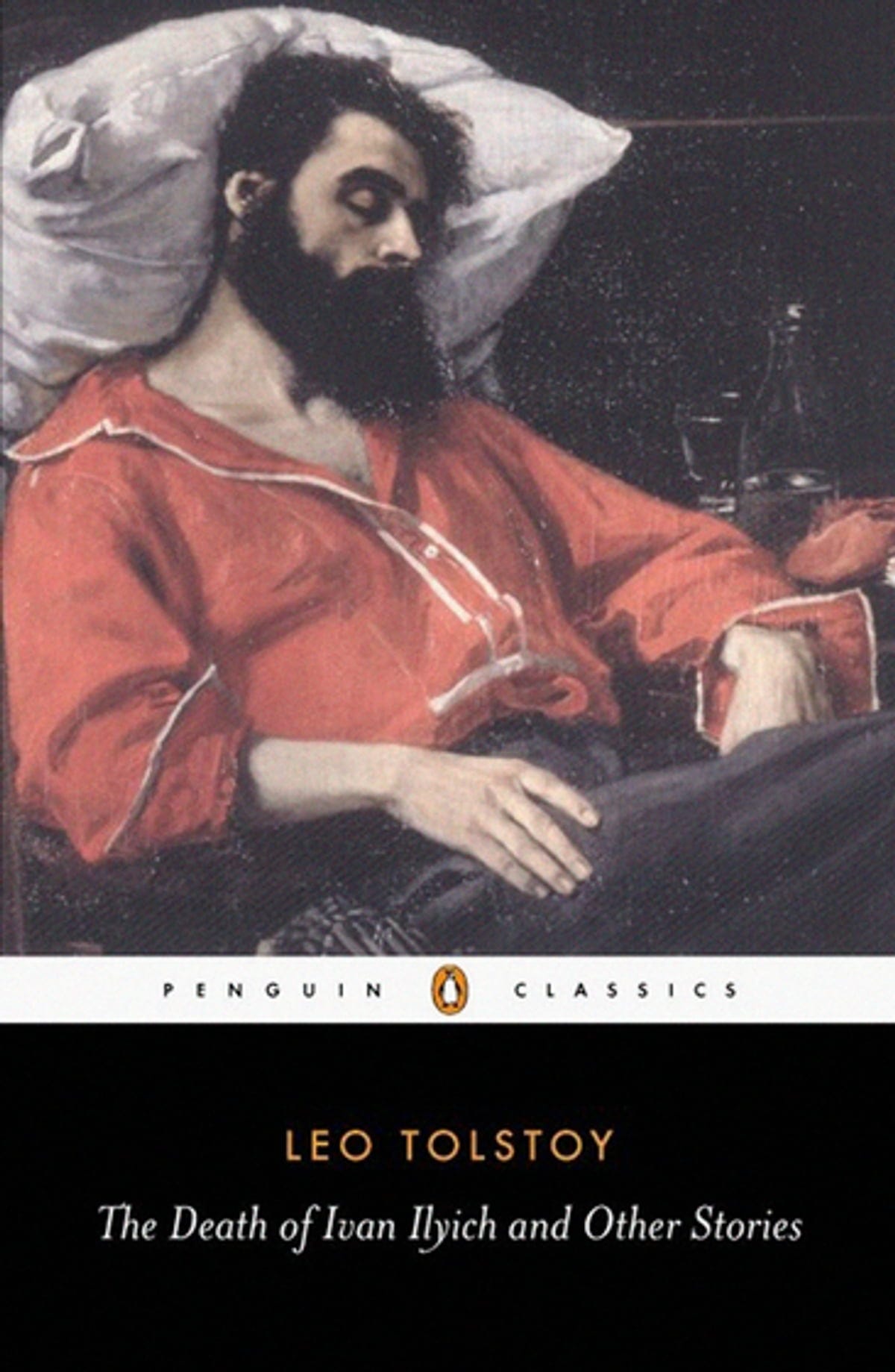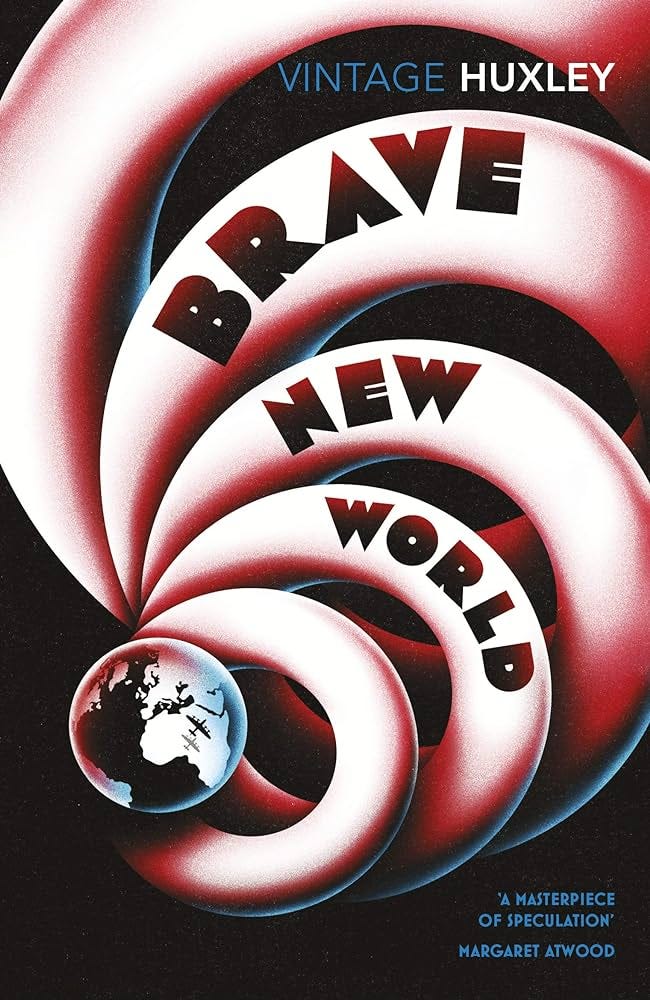I had two main reading goals for 2023:
a) Slow down my reading
b) Try to read books that are at least 100 years old.
Here’s the full list of my completed books this year, in case you were wondering…
Ed Thorpe, A Man for All Markets (2017)
Kahill Gibran, The Prophet (1923)
Edith Wharton, The Age of Innocence (1920)
Raine Maria Rilke, Letters to a Young Poet (1929)
Leo Tolstoy, The Death of Ivan Ilych (1886)
Ryan Holiday, Trust Me I’m Lying: Confessions of A Media Manipulator (2012) and Conspiracy: A True Story of Power, Sex, and a Billionaire’s Secret Plot to Destroy a Media Empire (2018)
David Clark, The Tao of Charlie Munger: A Compilation of Quotes from Berkshire Hathaway’s Vice Chairman on Life, Business, and the Pursuit of Wealth (2017)
Alain De Botton, Essays in Love (1993) and The Course of Love (2016)
Lee Kuan Yew, The Singapore Story (1998)
Sam Zell, Am I Being Too Subtle? (2017)
Drayton Bird, You Did What? (2019)
Benjamin Franklin, The Autobiography of Benjamin Franklin (1791) and Poor Richard’s Almanack (1732)
Yvon Chouinard, Let My People Go Surfing: The Education of a Reluctant Businessman (2005)
Nicholas Nassim Taleb, The Bed of Procrustes (2016)
Jim Paul & Brendan Moynihan, What I Learned Losing A Million Dollars (1994)
Gabriel García Marquez, One Hundred Years of Solitude (1967)
Fyodor Dostoevsky, The Gambler (1866)
Steven Pressfield, Gates of Fire (1998)
Aldous Huxley, Brave New World (1932)
Kenneth Roman, The King of Madison Avenue (2009)
Walter Isaacson, Steve Jobs (2011)
David Ogilvy, The Unpublished David Ogilvy (1986) and Confessions of an Advertising Man (1963)
Claude Hopkins, My Life in Advertising (1927) and Scientific Advertising (1923)
Michel De Montaigne, The Essays (1580)
Charles T Munger, Poor Charlie’s Almanack (2005)
In 2021 and 2022, I read, on average, a book a week. I suspect that when you read a lot of non-fiction, you train your eyes to start scanning because many of the sentences or paragraphs are just fluff.
After reading over a hundred non-fiction books, most can be distilled down to a blog post or, perhaps if you’re creative enough, down to 1 sentence.
I love books. However, there are too many for me to read in this lifetime, so instead of trying to consume as many as I can, I’m trying to find the books that force me to slow down and savour every word.
Here are my top 3 favourite books this year:
1. The Death of Ivan Illych by Leo Tolstoy (1886)
Ivan Illych, a highly regarded official of the Court of Justice, succumbs to a fatal illness after a freak accident. On his deathbed, he realises that he has wasted his entire life chasing prestige and status.
His unsympathetic wife, Praskovya, is too busy spending Ivan’s dying moments extracting as much money out of his life insurance. Meanwhile, his daughter, Lisa, is more concerned about how the funeral will affect her wedding.
Ivan attended law school because it seemed like the “right path”. He married not because of love but to tick off a milestone in his twenties.
He went through the motions of life because that’s what society told him was the ‘right path’.
As he lies on his deathbed, Ivan ponders the value of love and forgiveness and realises all he wants is for his friends and family to cry over him.
I think about this book at least once a week. One of my biggest fears is that I will reach the end of my life and become like Ivan Illych. While it’s easy to say don’t chase prestige and status, the harsh truth is that we’re all playing the status game, whether we like it or not.
The Death of Ivan Illych serves as a good reminder to play life by your own rules.
“Can it be that I have not lived as one ought?" suddenly came into his head. "But how not so, when I've done everything as it should be done?”
2. Brave New World by Aldous Huxley (1932)
Brave New World presents a futuristic London society engineered perfectly around capitalism and scientific efficiency.
Unlike George Orwell’s 1984 of mass surveillance and oppression, the ruling class in Brave New World gain mass compliance through psychological innovation, consumerism and drugs.
The writer, Aldous Huxley, painted a future in which everyone is ‘happy’, mostly thanks to a drug called ‘Soma’ and frequent, non-committal sex. People are produced in factories, grouped into social classes, and conditioned to love their existence — and spend as much money as they can.
On the surface, everything seems to run smoothly.
Part satire, part prophecy, this book highlights how if the world were perfect and everything was easy, nothing would have any meaning.
Like The Death of Ivan Illych, I think about Brave New World weekly.
Written in 1932, this book was way ahead of its time — I think it accurately reflects today’s society.
Expect a future essay on this.
“But I don’t want comfort. I want God, I want poetry, I want real danger, I want freedom, I want goodness. I want sin.”
3. Conspiracy: A True Story of Power, Sex, and a Billionaire’s Secret Plot to Destroy a Media Empire by Ryan Holiday (2018)
In 2007, a short post published on Vallewag, a subsidiary of Gawker Media, outed PayPal founder Peter Thiel as gay.
Peter Thiel, a semi-public figure, wanted to keep his private life away from the prying eyes of the media.
The post would plant the seeds of a meticulous and well-plotted conspiracy that would end nearly a decade later with a successful $140 million lawsuit filed against Gawker Media — resulting in its bankruptcy.
Only later would the world learn that Gawker’s demise was not incidental but was masterminded and funded by Peter Thiel.
Some will cheer Gawker’s destruction, and others will lament, but I love a good story on power, strategy and secret plotting.
No one will deny that Peter Thiel is some sort of brilliant, ruthlessly efficient and hyper-competent genius.
“It is always revealing to see how a person responds to those situations where he’s told: “There’s nothing you can do about it. This is the way of the world.” Peter Thiel’s friend, the mathematician and economist Eric Weinstein, has a category of individual he defines as a “high-agency person.” How do you respond when told something is impossible? Is that the end of the conversation or the start of one? What’s the reaction to being told you can’t—that no one can? One type accepts it, wallows in it even. The other questions it, fights it, rejects it.”
Speak to you tomorrow,
Jason.






You've inspired me to go back and see what I've read this year. I am a pixel glutton.... feed me more books!
“Can it be that I have not lived as one ought?" suddenly came into his head. "But how not so, when I've done everything as it should be done?” Like a song stuck in your head, I can't get this quote out of my head.